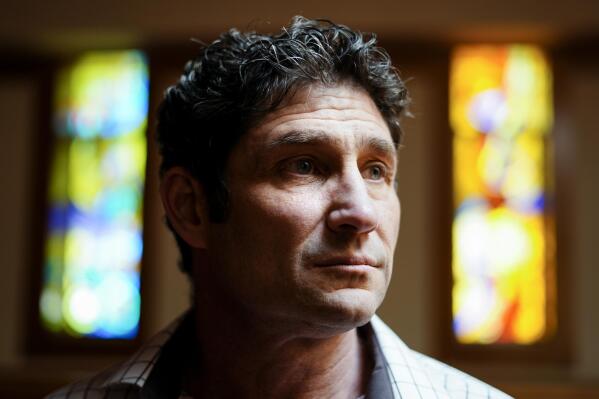
- This event has passed.
Leviticus is Christianity, Deuteronomy is Judaism
Thursday, March 28 @ 10:00 am - 11:00 am
An event every week that begins at 10:00 am on Thursday, repeating until Thursday, March 28, 2024

In our series “Leviticus is Christianity, Deuteronomy is Judaism: The Disentangling and Development of Biblical Worldviews,” we explore the distinct roles of Leviticus and Deuteronomy in shaping Jewish thought and practice. Over four sessions, we delve into how these texts influenced early Rabbinic Judaism, were interpreted by medieval Jewish philosophers and mystics, and how their differing perspectives on God’s relationship with the Jewish people have impacted the evolution of Jewish theology and anthropology.
Thursday March 7, 2024
Session #1: The Operating Systems of Leviticus and Deuteronomy
Modern biblical scholarship has helped us understand how to disentangle the different authors of the Bible. When we do that, we can see how different authors held conflicting understandings about God and God’s relationship with the Jewish people. This session will focus on the two dominant theologies and anthropolies that will engage us during this course.
Thursday March 14, 2024
Session #2: Leviticus is Christianity and Deuteronomy is Judaism (Mostly)
Early Bible scholars were German Protestants who took a very dim view of priestly literature in the Bible because they associated priests with Roman Catholicism. How ironic that all of Christianity is fundamentally reliant upon the priestly worldview! Within Rabbinic Judaism, we’ll see the two systems appear as rationales for Rabbinic disputes that might otherwise seem unintelligible. We’ll also see that Rabbinic Judaism tilts towards Deuteronomy.
Thursday March 21, 2024
Session #3: Medieval Jewish Philosophy and Rabbinic Judaism
The Rabbinic prayer book canonized Deuteronomy’s version of Judaism.The medieval philosophical tradition, beginning with Moses Maimonides (11-38-1204), did two things: (1) They understood all of Jewish tradition through the prism of Deuteronomy, and (2) They believed Deuteronomy was written for purposes of political education rather than philosophical truth. By rereading tradition so radically they created a new religion. By the late Middle Ages, it was moribund.
Thursday March 28, 2024
Session #4: Medieval Jewish Mysticism and Rabbinic Judaism
The medieval mystics understood early on that the philosophers’ agenda would be detrimental to Jewish faith and observance. The mystics rehabilitated the priestly underpinnings of animal sacrifices and applied them to prayer. For the philosophers, prayer was simply an obligation; for the mystics, prayer was a way of increasing God’s power in this world. Every mitzvah that Habad has a Jew do, brings the messiah one step closer to arriving!
Rabbi Dr. Shai Cherry serves as rabbi and Creative Educational Officer of Congregation Adath Jeshurun in Elkins Park, Pennsylvania. After eighteen years in academics, Cherry shifted from university teaching to the pulpit in 2019. Rav Shai’s early academic research focused on Judaism and Darwinism. His first book,Torah through Time: Understanding Bible Commentary from the Rabbinic Period to Modern Times, redirected his focus from creation to revelation—how is God’s word and will understood in changing circumstances? Finally, how do we respond to what we understand to be God’s will? To address that question, Cherry attended the Ziegler School of Rabbinic Studies and was ordained in 2009. His latest work, Coherent Judaism: Constructive Theology, Creation, and Halakhah brings these threads together to offer a vision of 21st-century Judaism. Formerly on the faculties of Vanderbilt University and the University of San Diego, he is the featured lecturer for The Great Courses’ “Introduction to Judaism”.

